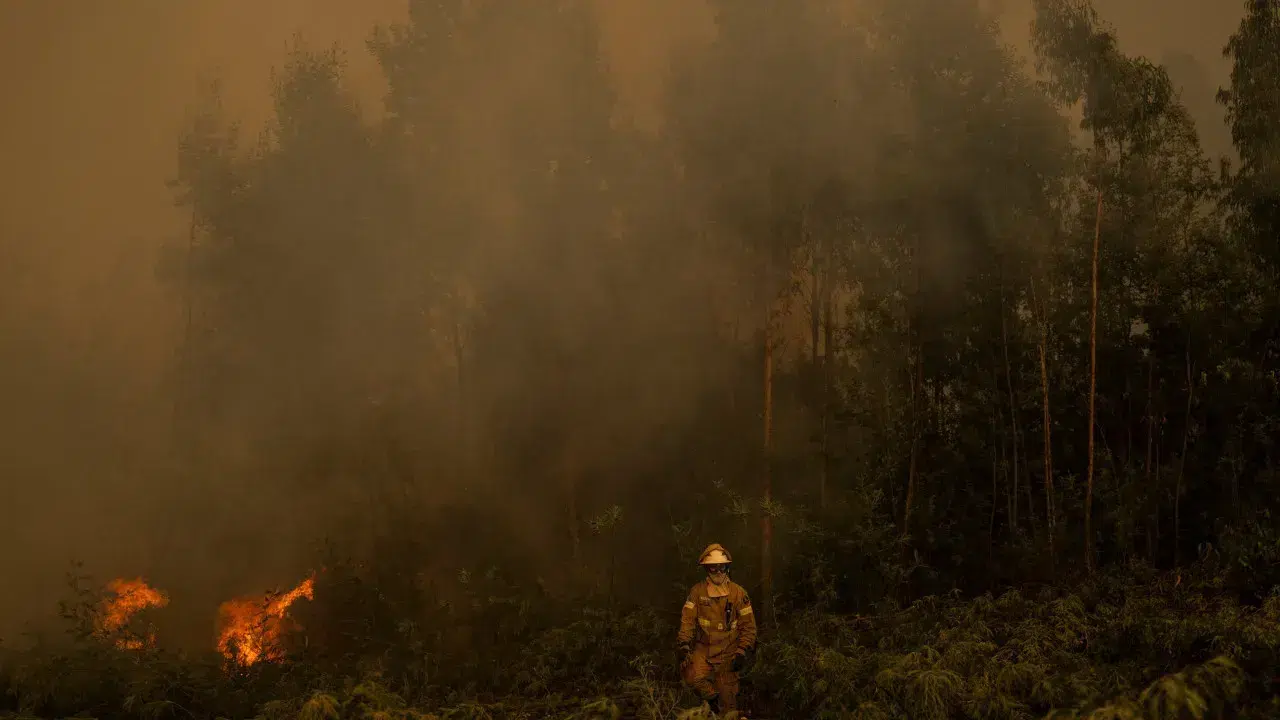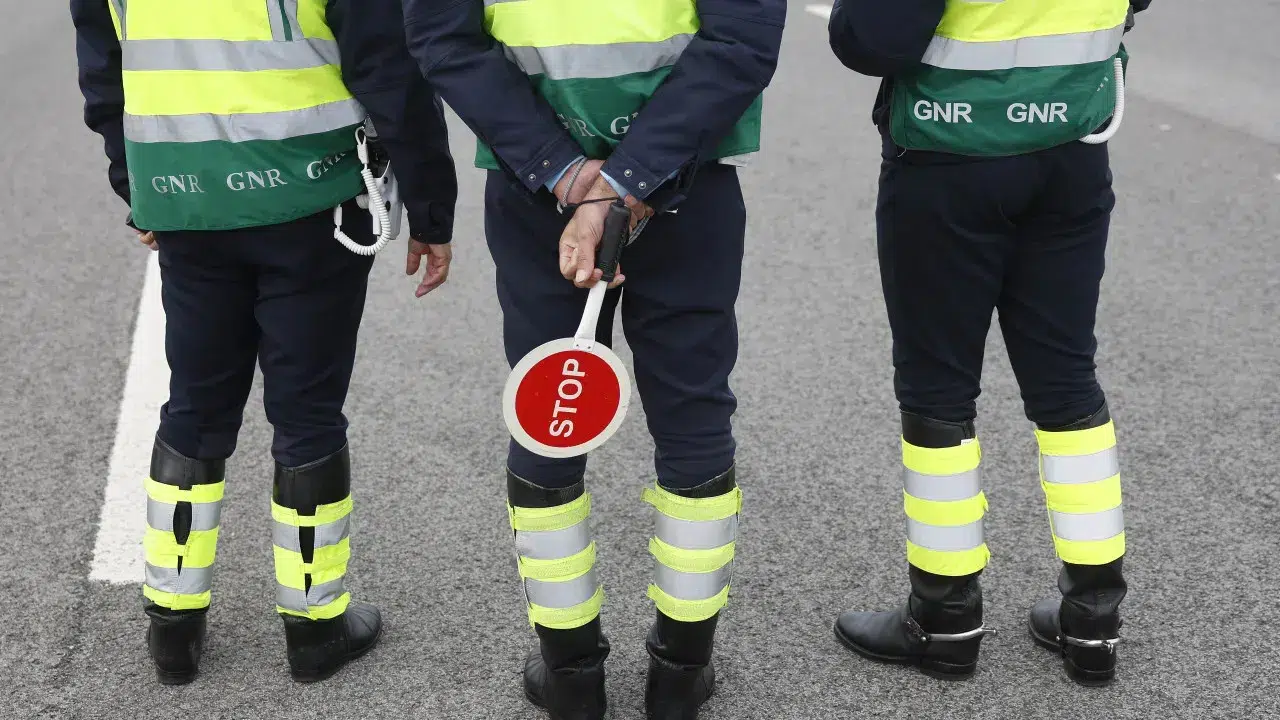
As wildfires continue to ravage parts of the country, essential advice from the Civil Protection Authority becomes critical to understanding what actions to take during such emergencies. Additionally, weather forecasts provide valuable insights into temperature changes.
According to a recent report by the Portuguese Institute for Sea and Atmosphere (IPMA), a notable weather shift was observed on Sunday afternoon.
“On August 17, temperatures were noticeably cooler starting in the afternoon, especially along the western coast, with maximum temperature drops between 1°C and 6°C,” experts noted. However, they highlighted that this was not the case everywhere: “Conversely, most of the Algarve region experienced higher maximum temperatures, reaching or exceeding 35°C.”
The IPMA analysis further indicates that, after a prolonged period of warm weather, “a general temperature decrease is expected today, August 18, and tomorrow, August 19.”
However, the weather will remain hot “in the Interior and the southern coast of the Algarve, albeit near typical seasonal averages.”
Nights are expected to become “cooler, with tropical nights limited to certain areas of eastern Algarve.”
The forecast also suggests an increase in wind strength. “Starting today, expect windier days, particularly on the western coast and highlands, with predominant north and northwest winds and gusts up to 65 km/h along the western coastal strip and mountains,” details the IPMA.
Morning cloudiness will persist along the western coast, mainly in coastal areas and wind-exposed mountain slopes. The IPMA notes “the possibility of drizzle cannot be excluded.”
The Wildfires and Civil Protection Advice
As mentioned earlier, wildfires continue to devastate regions across Portugal, leading to the closure of several national roads. Consequently, here are some recommendations from the Civil Protection Authority for such situations.
The Civil Protection emphasizes, as previously noted at the beginning of summer, that during these incidents, residents should alert neighbors and water walls according to the house’s structure, including the roof and areas within ten meters of the home. It is also advised to close doors, windows, and other openings, drawing blinds or shutters.
If safe, “turn off and remove gas cylinders to a secure location”, and ensure flammable items near windows are moved away, using “wet towels in crevices.”
“If not endangering yourself, extinguish small fires using water, soil, or green branches,” reads a social media post.
Residents are also advised to have “an emergency kit” ready with “essential items for emergencies,” such as a first aid kit, regular medications, water, non-perishable food, personal hygiene products, a change of clothes, a radio, flashlight, whistle, and finally, a contact list of family and/or friends.




